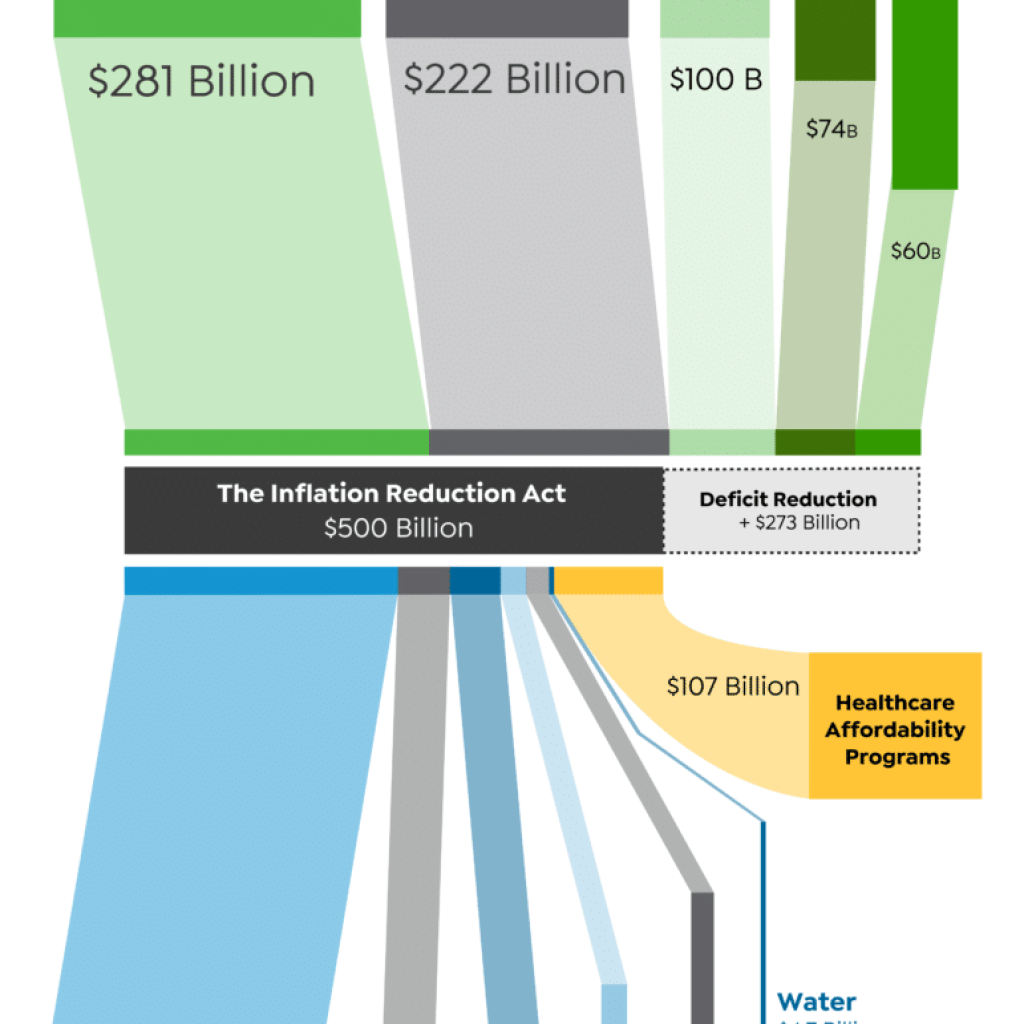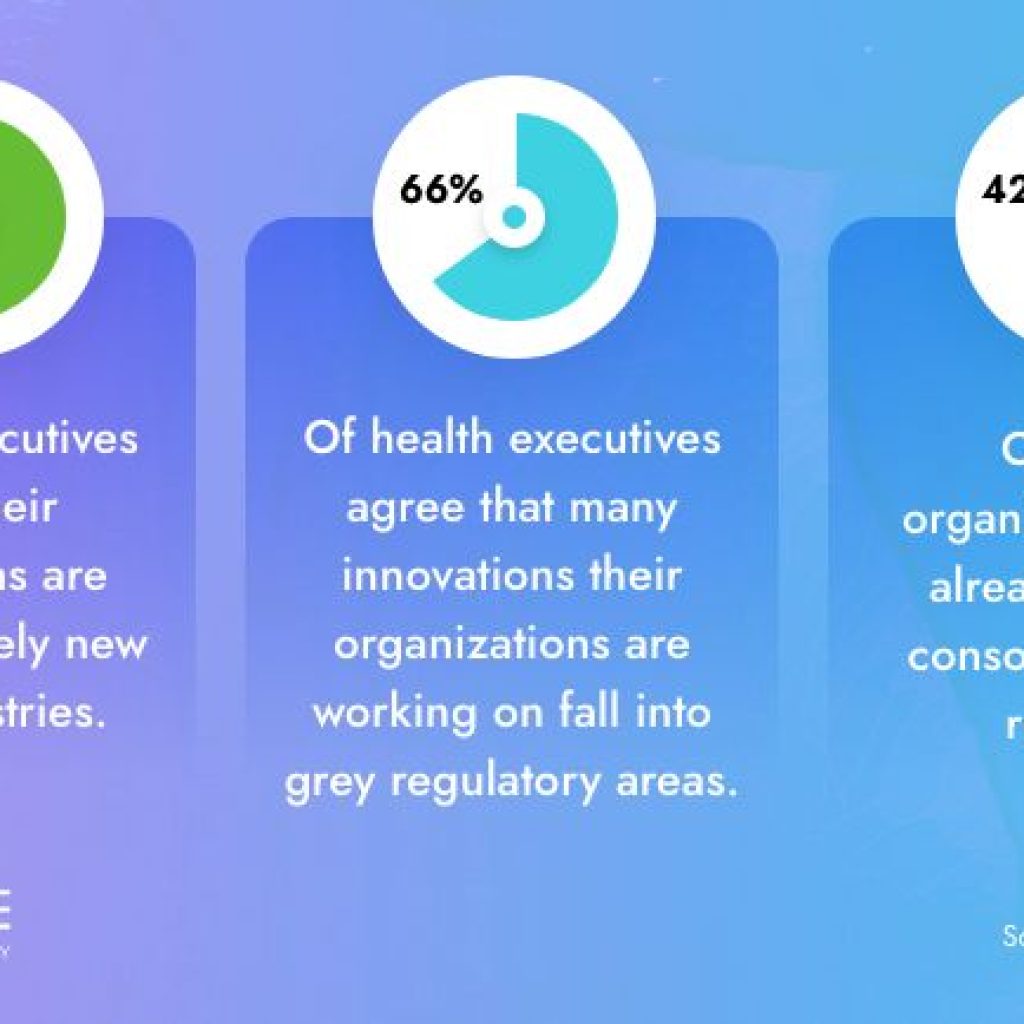In an ambitious move marking its commitment to the emerging concerns around artificial intelligence (AI), South Korea has announced that it will be represented by key figures from the government, Samsung Electronics Co., and Naver Corp at an international AI safety summit scheduled for next month in Britain.
Collaborative stance on AI safety
The event, which underscores a growing global endeavor to address AI potential risks, will witness Science and ICT Minister Lee Jong-ho, Cheun Kyung-whoon, the Chief Technology Officer of Samsung Electronics Device eXperience Division and president of Samsung Research, and Ha Jung-woo, the leader of the Naver Cloud Innovation Center, joining forces. They aim to contribute South Korea’s perspective and technological advancements toward ensuring AI safety on a global scale.
This participation follows an official invitation from the British government, as shared by Ha on his social media. The meeting is set to be a groundbreaking assembly, bringing in officials from the Group of 7 nations, prominent executives from leading AI companies, and renowned AI experts. The primary agenda will be to exchange insights on the foreseeable risks posed by AI technologies and to brainstorm robust counterstrategies.
G7 nations and tech giants unite
The significance of this summit is further elevated by the involvement of the G7 member states: the United States, the United Kingdom, Canada, France, Germany, Italy, Japan, and the European Union, highlighting the crucial geopolitical aspects of AI safety. The meeting’s choice of venue, Bletchley Park, Buckinghamshire, is historical and symbolic, paying homage to a site where computational history was made during World War II.
Adding to the event’s high profile, several notable personalities are slated to attend. These include U.S. Vice President Kamala Harris, Microsoft CEO Satya Nadella, OpenAI CEO Sam Altman, and Demis Hassabis, the CEO of Alphabet’s prestigious AI-focused subsidiary, DeepMind. Their presence is expected to bring authoritative insights into the discussions, given their extensive experience and pivotal roles in the development and oversight of AI technologies.
A spotlight on AI risks and countermeasures
The summit is unique, being the first major global event dedicated explicitly to AI safety. Participants will delve into comprehensive dialogues encompassing various AI facets, from ethical considerations and regulatory challenges to technical safeguards. The discussions are anticipated to steer global policies and encourage the formation of international partnerships for managing AI developments responsibly.
For South Korea, a country home to tech giants like Samsung and internet behemoths like Naver, the summit presents an opportunity to showcase its strides in AI. The nation is keen on positioning itself as a key player in setting global AI safety standards, building on its advancements in AI applications across industries.
Setting the stage for future collaboration
This summit’s outcome could be a cornerstone for future international collaborations and agreements on AI safety protocols. By uniting leaders from technology, academia, and governance, the event paves the way for a holistic approach to handling AI’s complexities. It emphasizes the universal acknowledgment that AI, with its vast potential, commands a balanced view that considers not only its societal and economic benefits but also the safety and ethical implications of its application.
Furthermore, the summit will likely influence national policies on AI among participating countries. It sets the stage for enhanced cooperation in sharing best practices, research findings, and regulatory frameworks, fostering a more controlled and beneficial evolution of AI technologies globally.
The South Korean delegation’s participation is crucial in bridging the gap between Western and Eastern perspectives on AI. It also reinforces the country’s commitment to being an active participant in global efforts, shaping the future of AI responsibly and strategically.
As the world stands on the precipice of a new era defined by AI, the outcomes of this summit are eagerly awaited. They could very well chart the course for how modern societies interact with, manage, and integrate artificial intelligence in the years to come. The involvement of global leaders and industry pioneers marks a step forward in acknowledging and addressing the challenges in the realm of AI.





